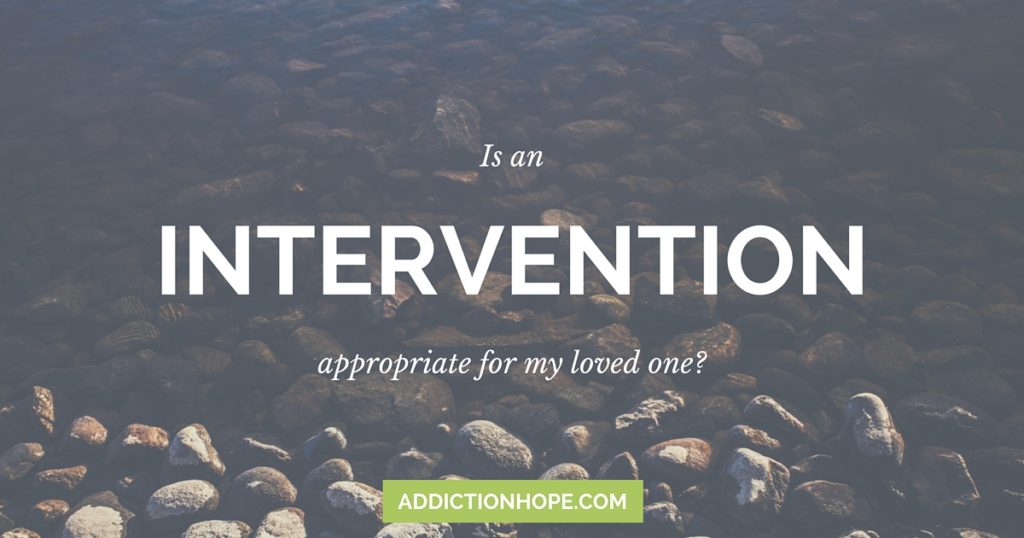
As with any form of addiction, professional help and treatment is typically needed for intervention and recovery. Treatment for addiction should be comprehensive and be tailored to an individual’s needs in order to best support them through the recovery process. One important aspect of recovery for substance abuse addiction is abstinence and sobriety from the drug or substance of choice. However, for those struggling with a food addiction, one cannot simply stop eating, as this is a crucial part of living and being well.
Exercise Control
Many individuals recovering from a food addiction may attempt to focus on the behaviors rather than the underlying problems themselves.
It might be easy to assume that a food addiction is about lack of control, and many food addicts will attempt to exercise better control over their intake through various measures, which may include dieting, following rigid eating guidelines, or even using compensatory mechanisms for eating, such as purging or excessive exercise.

These methods however, are focusing on the symptom rather than the problem and usually exacerbate food addiction behaviors.
A person struggling with a food addiction may find it frustrating and difficult to find a balance with eating or to regulate control over what they eat or how they eat.
Certain foods, particularly those that are highly palatable and more concentrated in salt, sugars, and fats, may be triggering, though avoiding these foods completely may only heighten the urge and desire to have those particular foods.
In this scenario, what is the best course of action for a person struggling with a food addiction and advisable method for normalizing eating?
Nutrition Intervention
Nutrition interventions can be invaluable to the recovering food addict and can help a person truly make peace with food and their body. Working with health professionals who specializes in food addiction can be an instrumental piece of the recovery puzzle, as this effectively helps a person heal from the inside out. If you or someone you care for has been struggling with an addiction to food, consider the comprehensive treatments that might be available to you, including nutrition interventions.
A registered dietitian can be a helpful part of this process, as practicing medical nutrition therapy is within their scope of practice. Nutritional interventions for a food addiction might include the use of an individualized food plan that serves as a guide for a recovering food addict. Rather than dictate what should and should not be eaten, a food or meal plan can help a person understand how frequently they should eat, what types of food groups they might be aiming for throughout the day and so on.
 A registered dietitian can also be helpful in assisting a person through the process of renegotiating trigger foods or challenge foods. This may include learning how to regularly incorporate a favorite or desirable food as part of a balanced meal so as to prevent feelings of deprivation.
A registered dietitian can also be helpful in assisting a person through the process of renegotiating trigger foods or challenge foods. This may include learning how to regularly incorporate a favorite or desirable food as part of a balanced meal so as to prevent feelings of deprivation.
Working in collaboration with a therapist or counselor is also an important piece of this journey, as it allows a person to therapeutically process underlying emotions related to their eating addiction and effectively learn how to separate physical and emotional hunger and fullness.
Treatment Team
A registered dietitian and treatment team can also work together to devise an appropriate exercise or gentle movement plan for a recovering food addict, which is something that is commonly neglected. Many individuals may have negative associations with exercise or feel as though it is only a method for self-punishment.
Learning how to enjoy movement in your own body can also be a therapeutic nutrition intervention and something that should be done under the guidance of professional care. Be sure you are medically stable and clear for any type of exercise regime before proceeding with something new.
Working with a treatment team and incorporating individualized approaches is an essential component of healing from a food addiction and should include nutrition interventions. Connect with a food addiction specialist today to begin your road to recovery and healing.

About the Author: Crystal is a Masters-level Registered Dietitian Nutritionist (RDN) with a specialty focus in eating disorders, maternal/child health and wellness, and intuitive eating. Combining clinical experience with a love of social media and writing, Crystal serves as the Special Projects Coordinator for Eating Disorder Hope/Addiction Hope, where her passion to help others find recovery and healing is integrated into each part of her work.
As a Certified Intuitive Eating Counselor, Crystal has dedicated her career to helping others establish a healthy relationship with food and body through her work with EDH/AH and nutrition private practice.
The opinions and views of our guest contributors are shared to provide a broad perspective of addictions. These are not necessarily the views of Addiction Hope, but an effort to offer discussion of various issues by different concerned individuals.
We at Addiction Hope understand that addictions result from a combination of environmental and genetic factors. If you or a loved one are suffering from an addiction, please know that there is hope for you, and seek immediate professional help.
Reviewed By: Jacquelyn Ekern, MS, LPC on February 15, 2016
Published on AddictionHope.com

